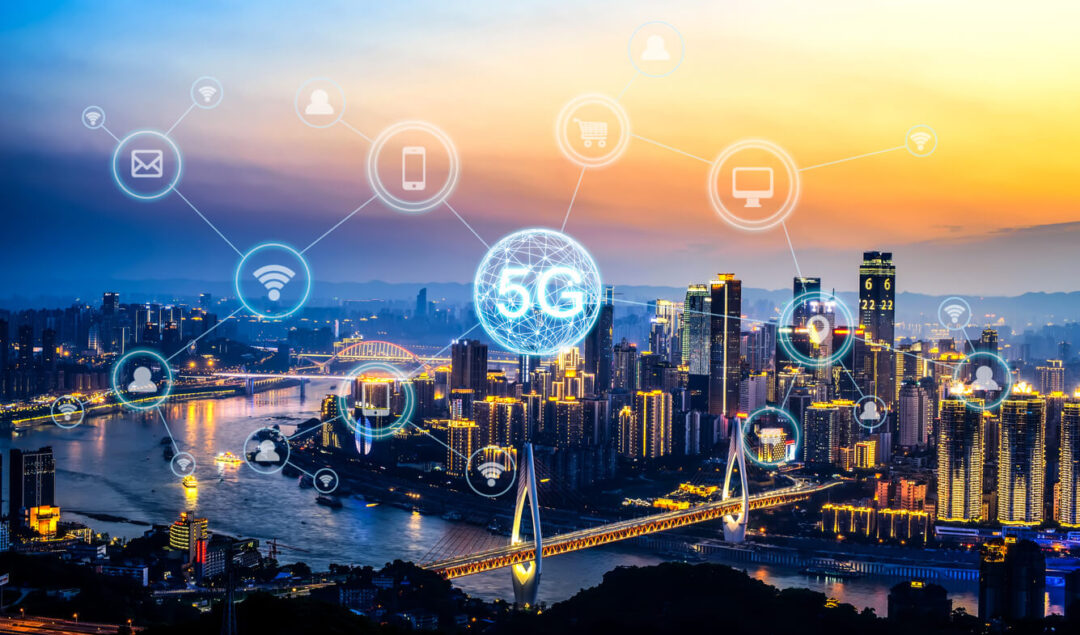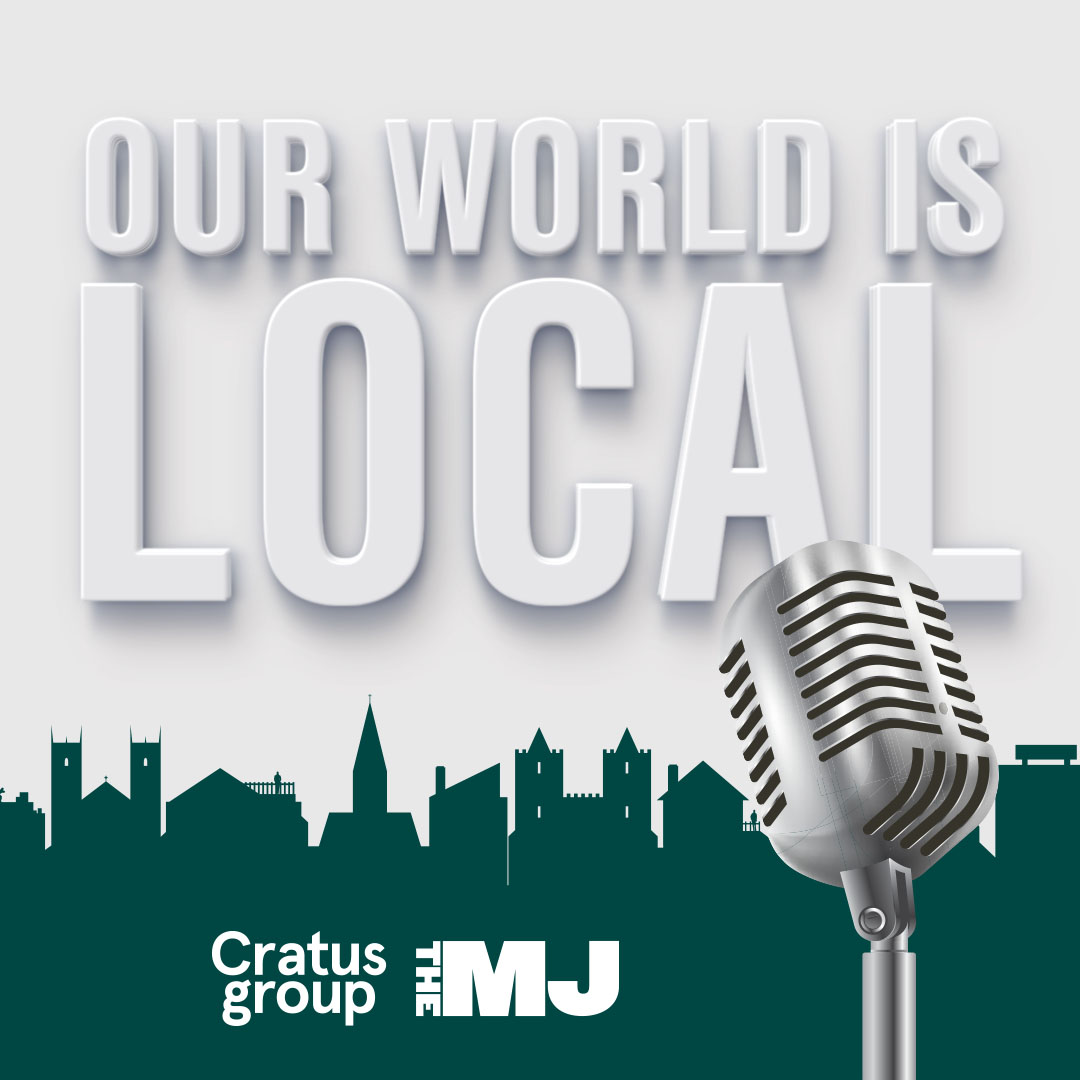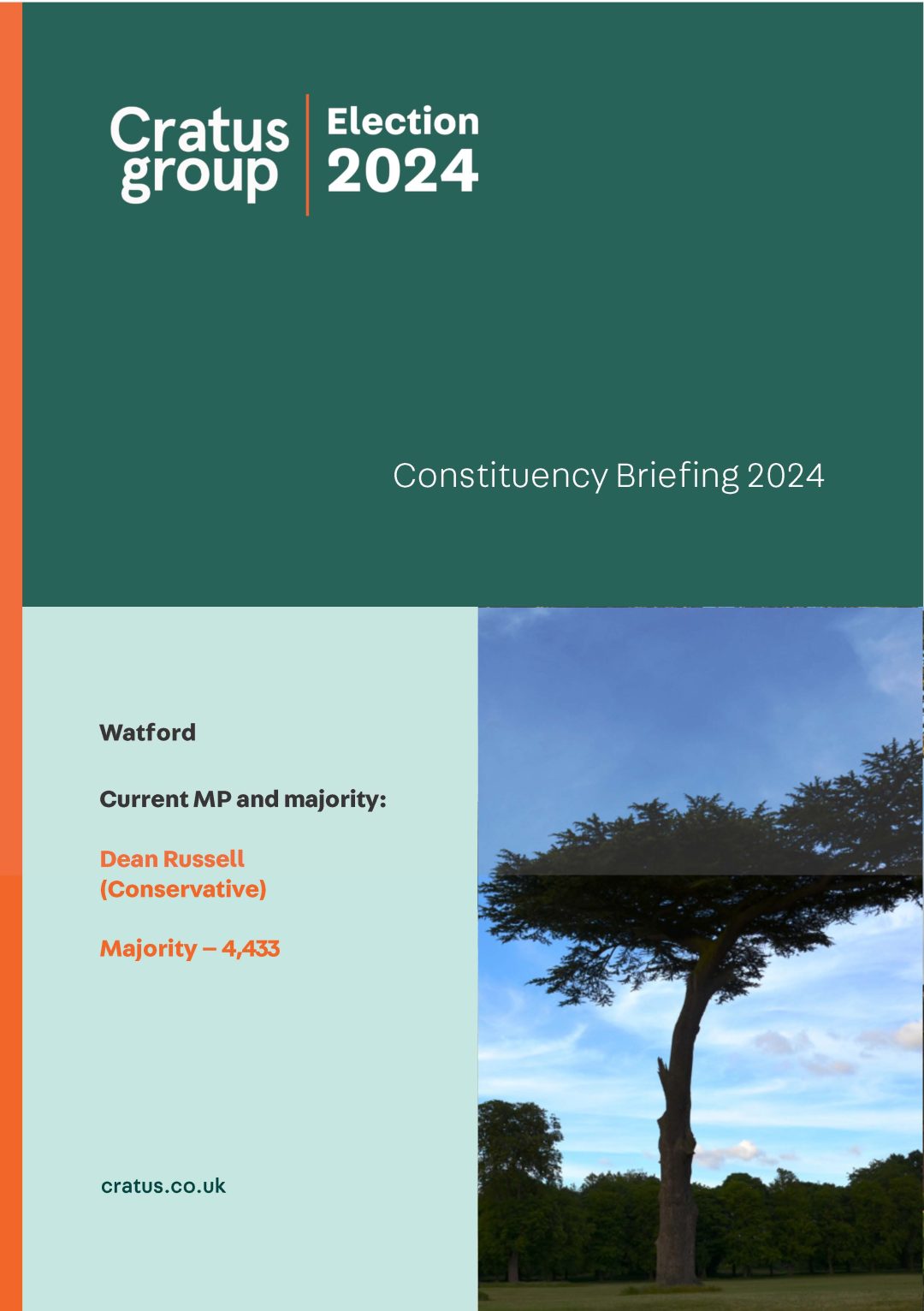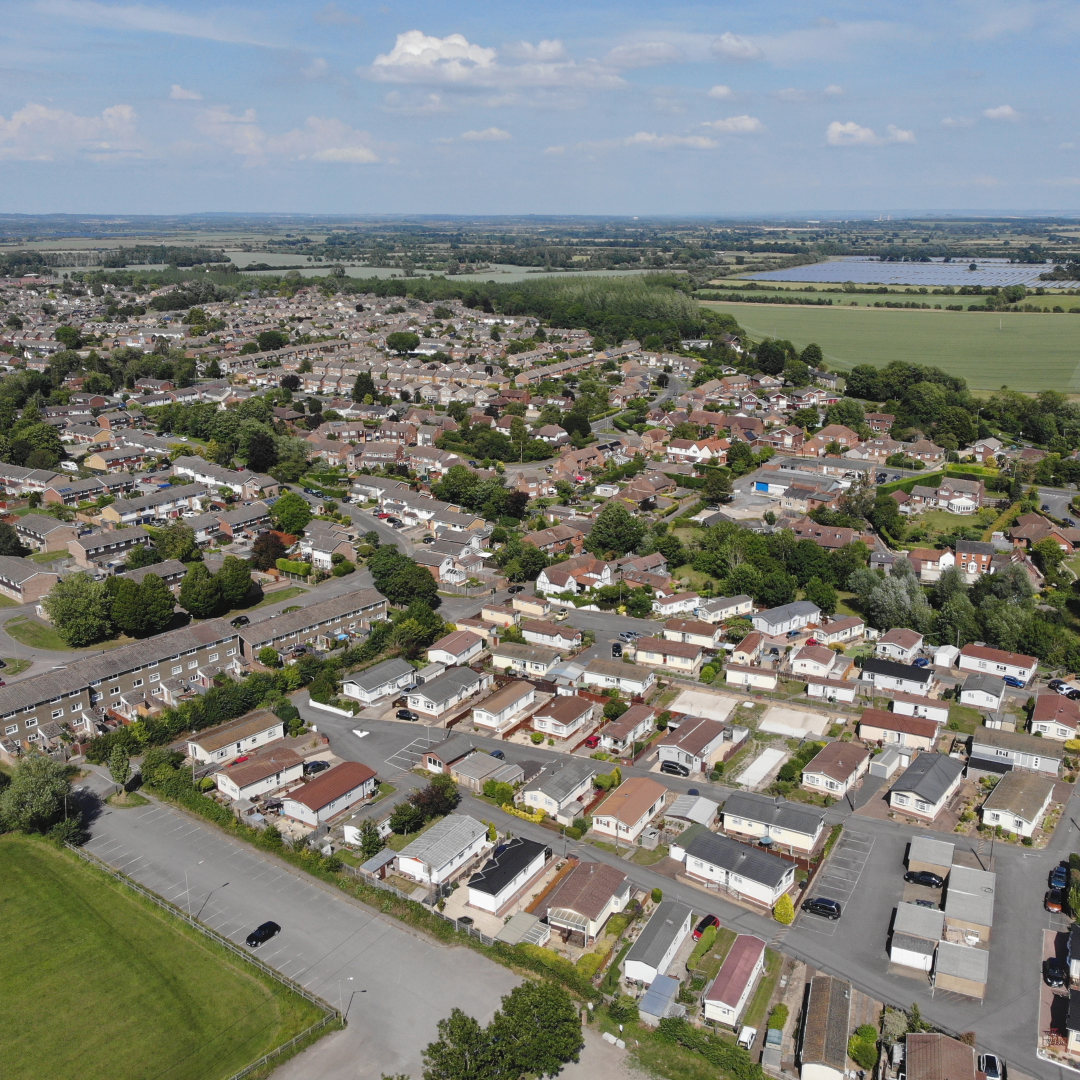Transforming Local Government: What 5G has to Offer
The Covid-19 lockdown has made many appreciate the ability of technology to connect us closer together at a time when we must physically be further apart. The roll-out of 5G across the UK is set to radically enhance this and our ability to connect to the world around us; yet far from the headlines of conspiracy theorists attacking phone masts and our data being handed over to the third parties, this new technology presents itself as an enormous opportunity for local government bodies and the communities they represent.
5G, or fifth generation wireless technology, will allow almost instantaneous data transfer. Whereas the launch of 3G in 2003 paved the way for smartphones and the roll-out of 4G in 2012 enabled constant internet browsing; the potential of 5G is almost limitless and impossible to predict. It is significantly faster than any previous generation of wireless technology, much more responsive and will have the capacity to connect buildings, transport, services and devices in real-time. Designed to connect virtually everyone, 5G will revolutionise our way of living and create the services that future generations will consider ludicrous to have ever lived without.
Local authorities should be alert to the possibilities 5G will bring and the benefits it will have on communities. Parts of the UK that have long suffered from poor connectivity will now stand the chance of gaining fast and reliable broadband. This in turn will attract new businesses to areas and increase the productivity of those already operating. Enhanced speed and access of information will be also transformational for service delivery, allowing councils to operate more targeted, efficient and data-driven services in multiple areas, from transport and waste collection to tourism and social care. 5G enabled road systems, for example, has the potential to reduce traffic congestion by 10%, saving the economy £880 million and helping to reduce harmful emissions. Electronic tagging of public bins and real-time connectivity could alert waste collectors as to when and where bins need emptying within an area, calculating the best route to do so while increasing efficiency and reducing costs.
Some local authorities have been proactive in contributing to the development of 5G uses in particular service areas. Liverpool City Council is part of a consortium which is examining ways in which 5G can improve social care. They are looking into how teleconferencing and virtual reality can help manage loneliness in older adults and at intelligent sensors that can aid independent living at home by monitoring the vulnerable and alerting caregivers to any abnormalities picked up. The West of England Combined Authority is trialling 5G technology to enhance tourism experiences, with the West of England Mayor, Tim Bowles, imagining that soon a virtual Roman soldier might be able show tourists around the Roman Baths in Bath City Centre.
Whilst some local authorities have been forward-thinking in their attitudes, many are failing to recognise this new reality and plan for the future. In a recent survey carried out by The MJ and BT, it was found that 56% of councils that responded said their senior management teams had yet to formally discuss the impact of 5G on their local authority, despite recognising the transformative effect it could have on fields like IT, environmental services, housing and social services. Last year, Mobile UK also found that 87% of councils had not audited their assets to assess their suitability to host 5G technology. Numerous local authorities also lack a cabinet member, officer or committee whose role involves promoting the improvement of digital infrastructure.
Mobile network providers will need the cooperation of local authorities who will grant planning permission for phone masts and allow public assets, like lamp posts and CCTV columns, to host 5G technology. The councils not yet thinking about this risk impeding the development of 5G and preserving digital inequalities that exist across the UK. It is, therefore, time for local government to look to the future and see that as the UK recovers from coronavirus, the local authorities planning ahead and embracing the next generation of connectivity stand a far better chance of benefiting from local economic growth, transformation of services and improvement in living standards for residents.







